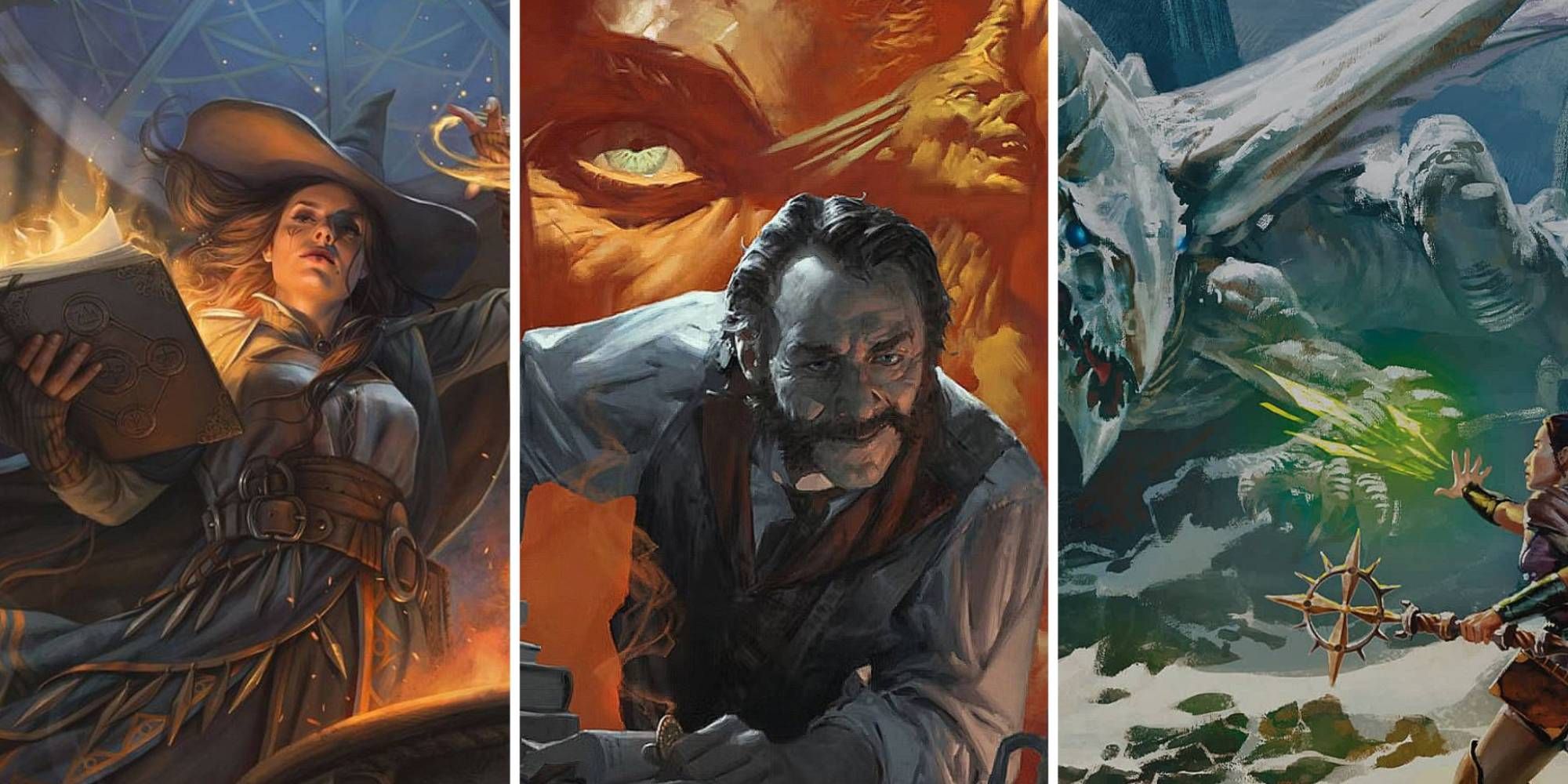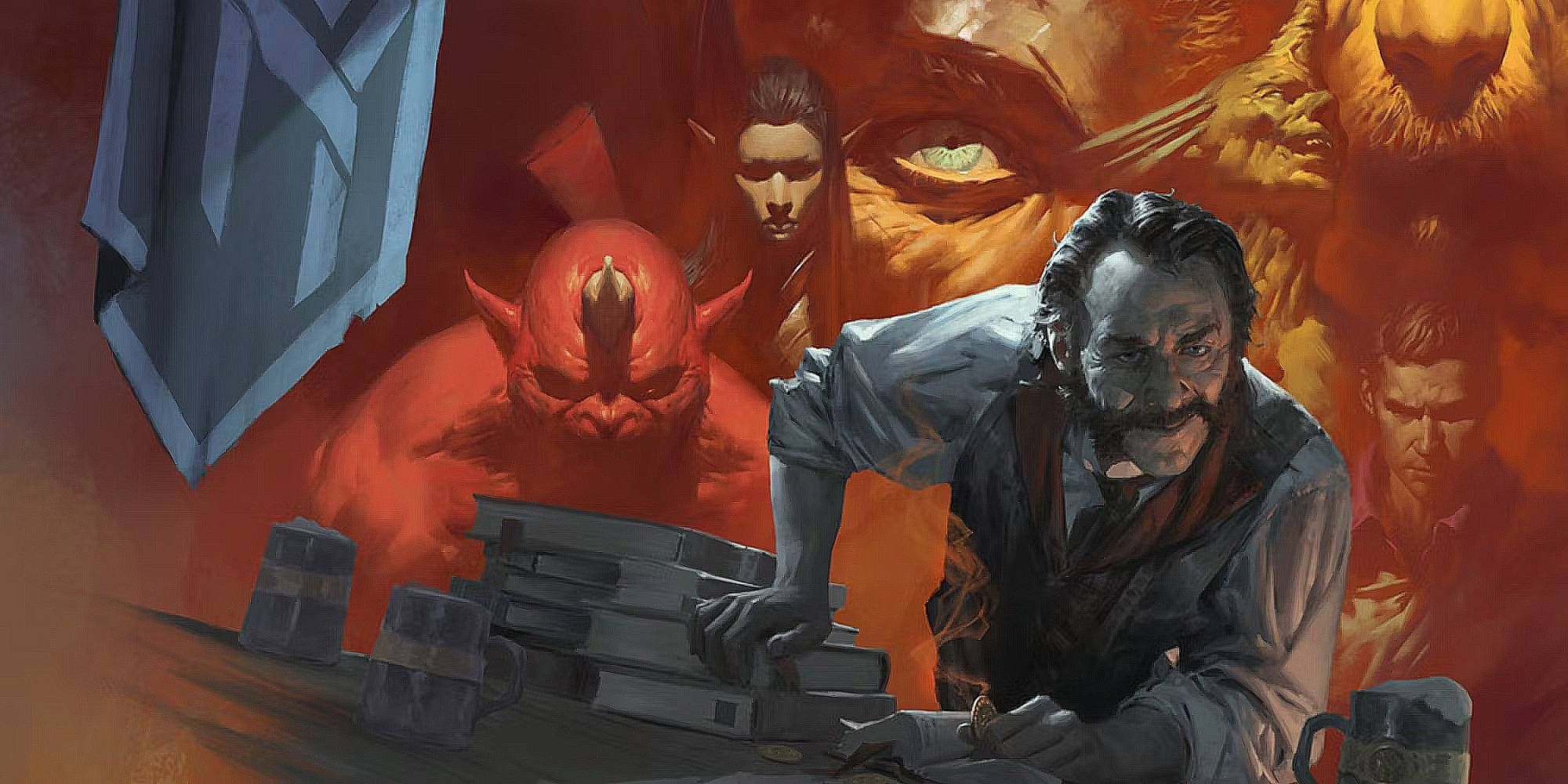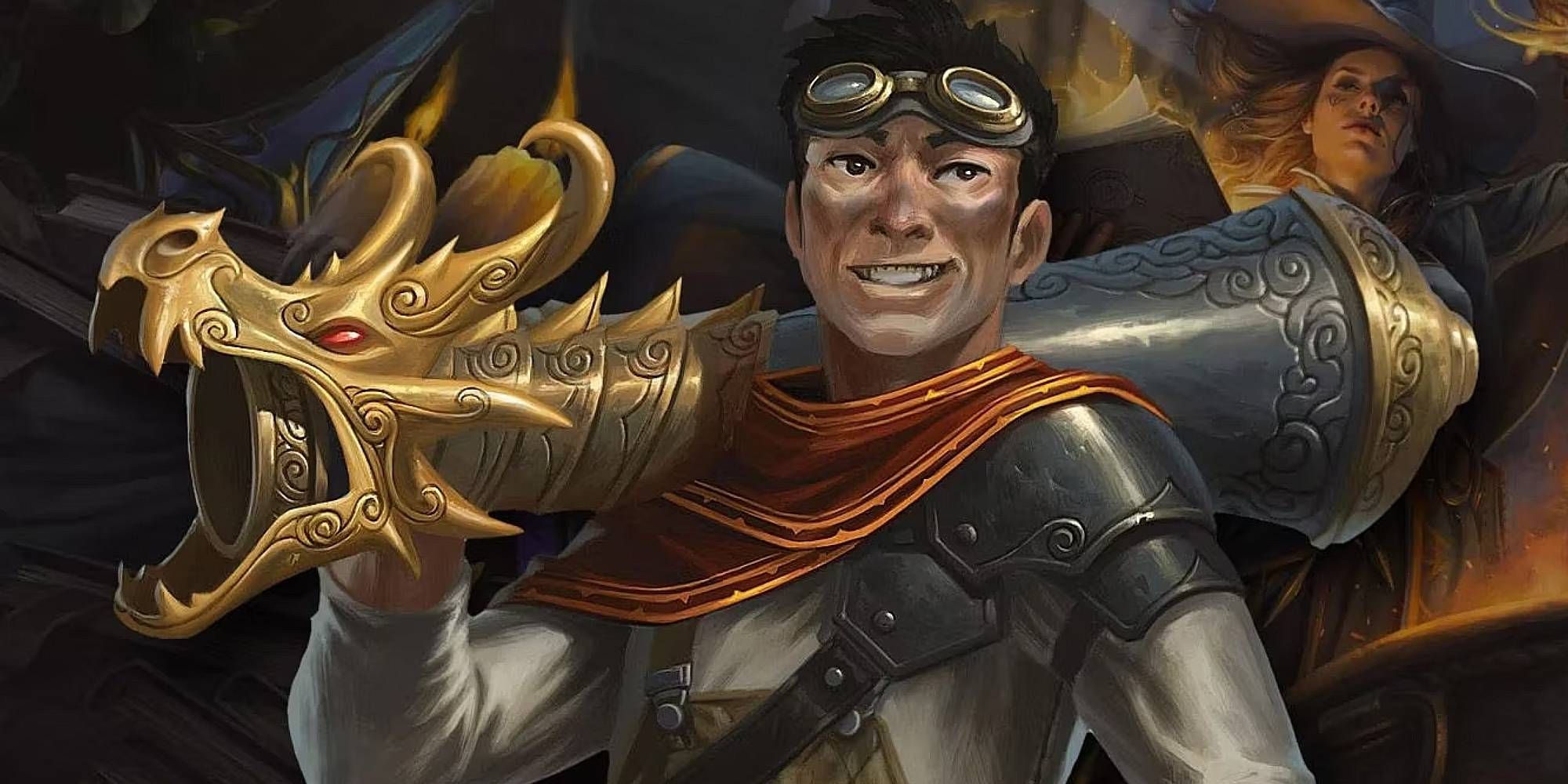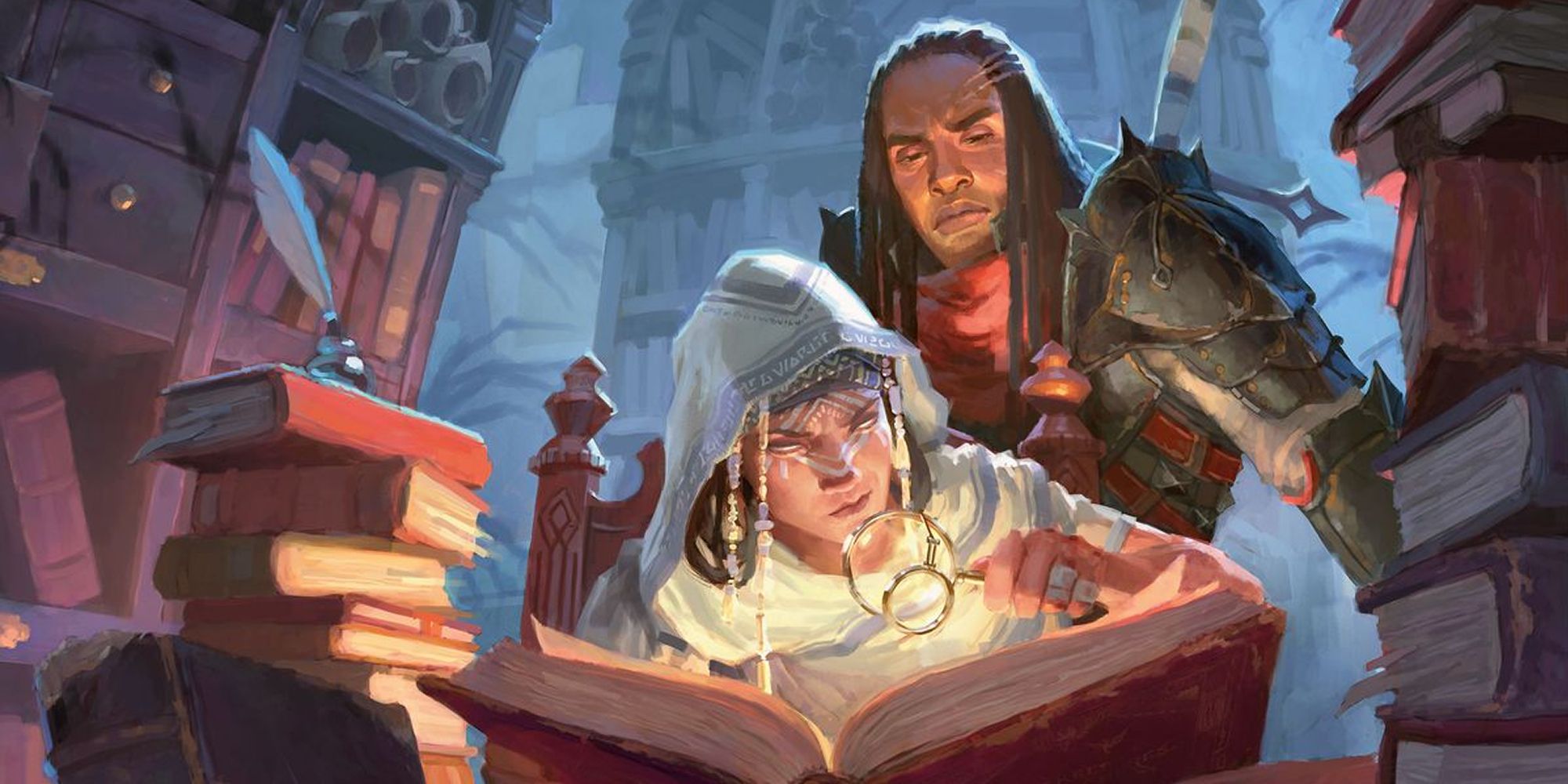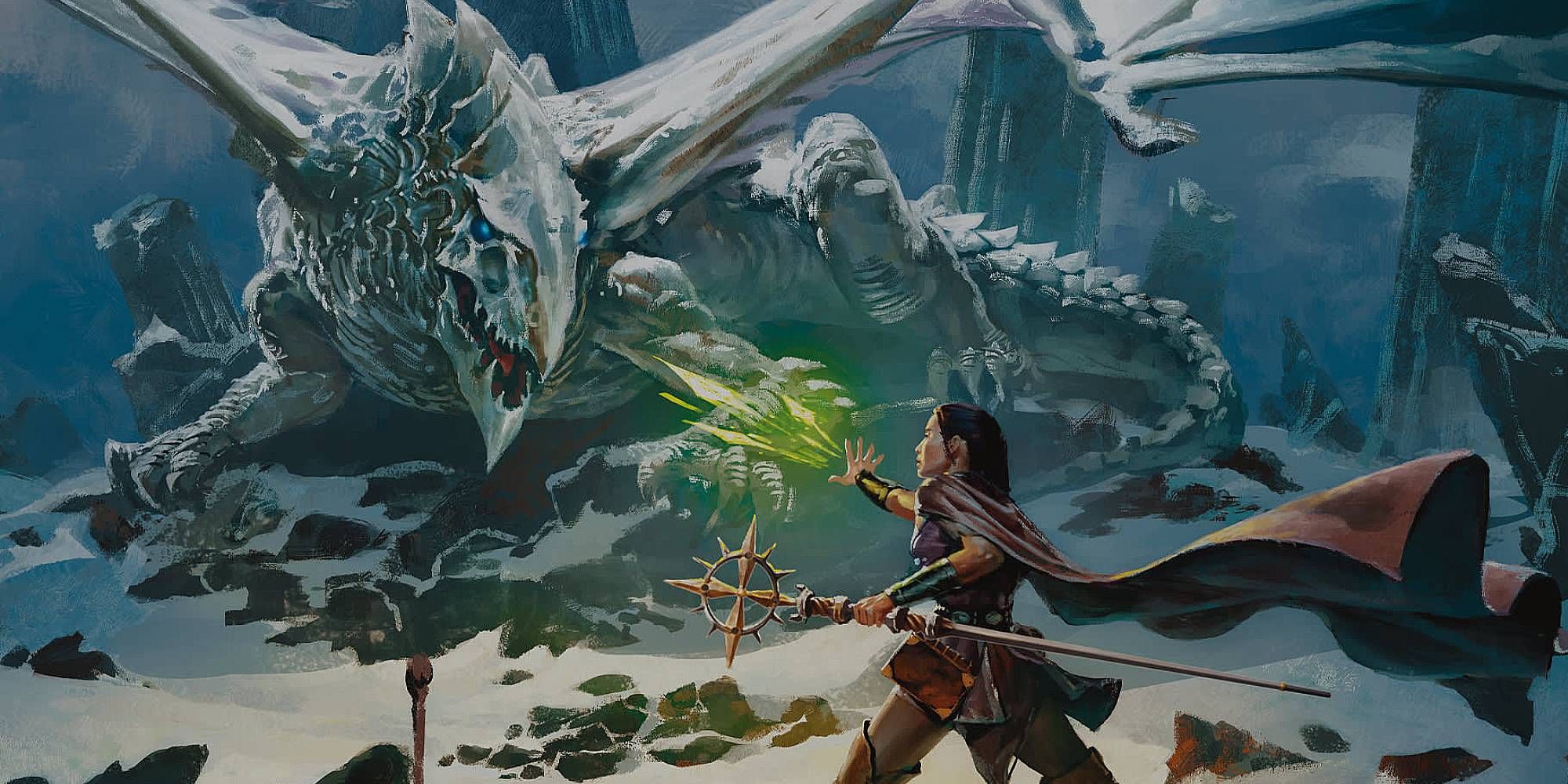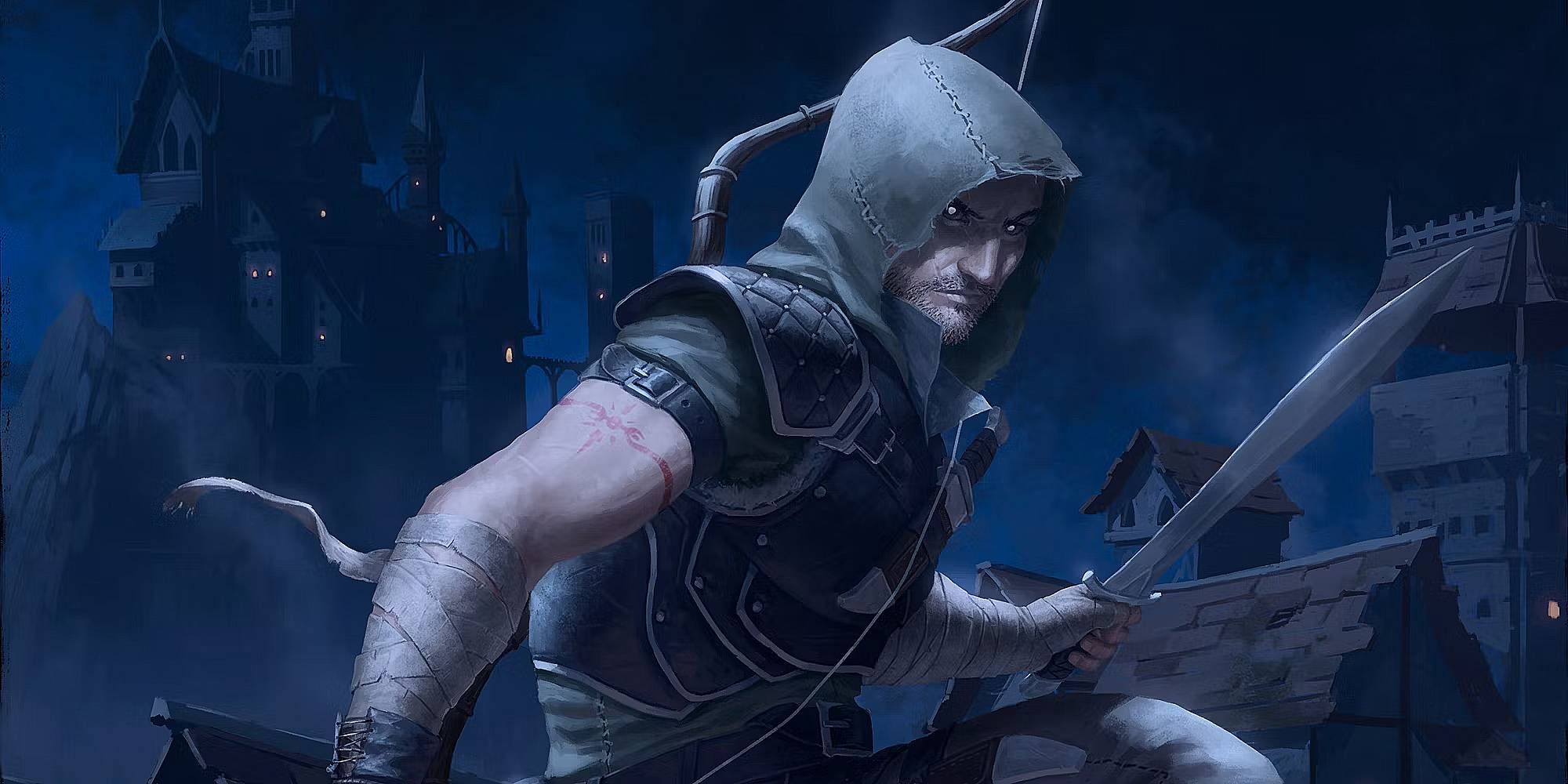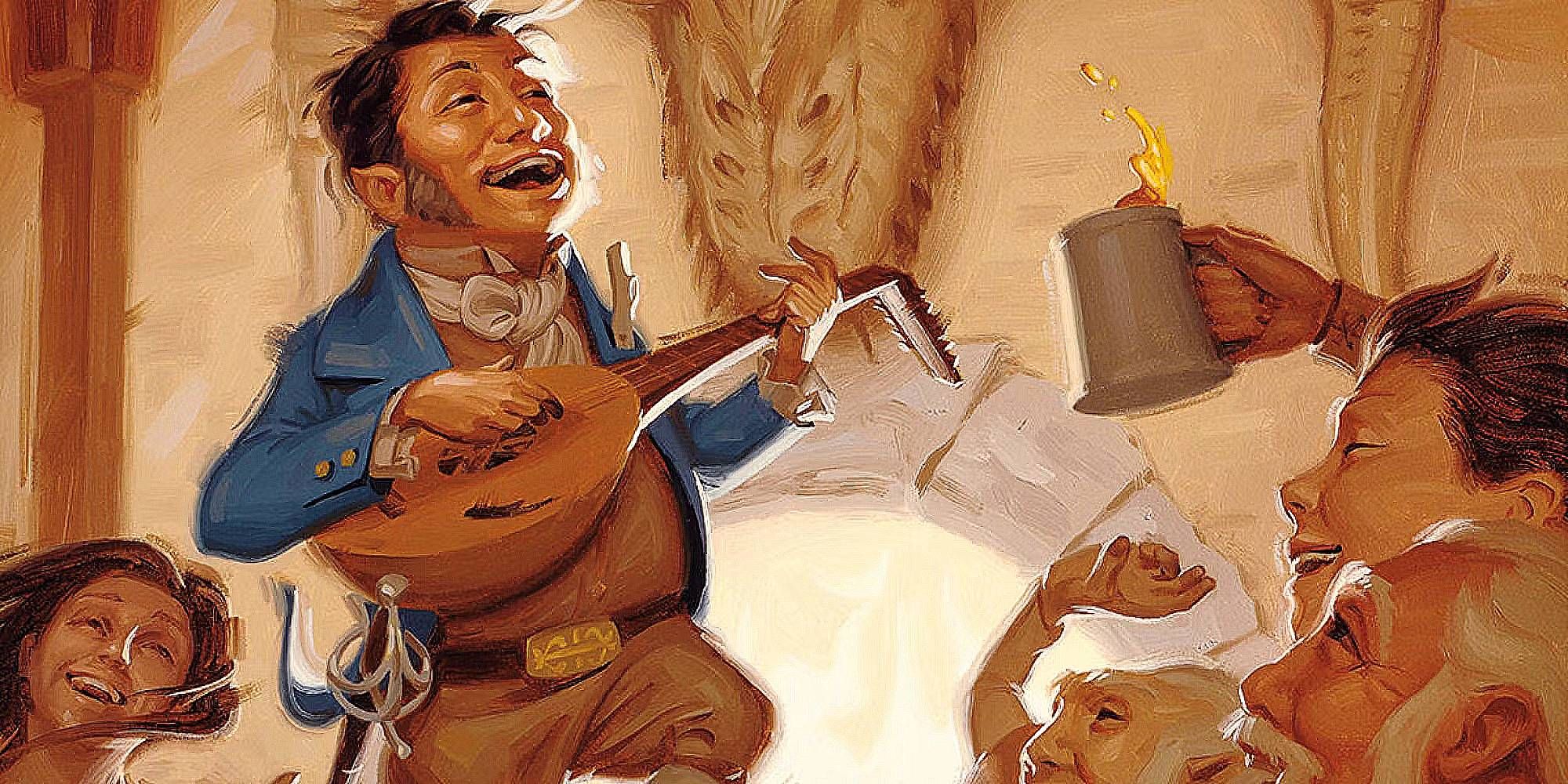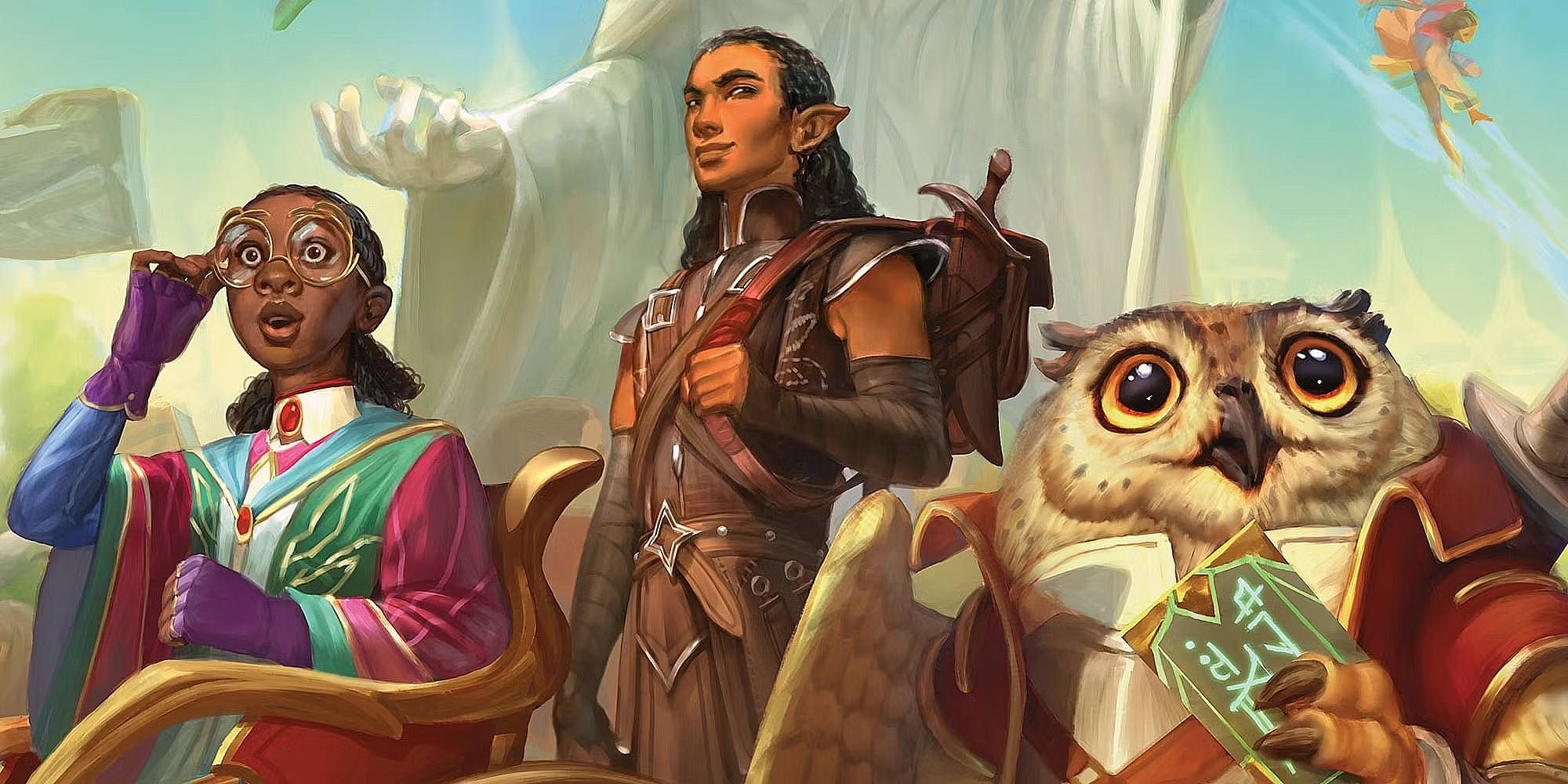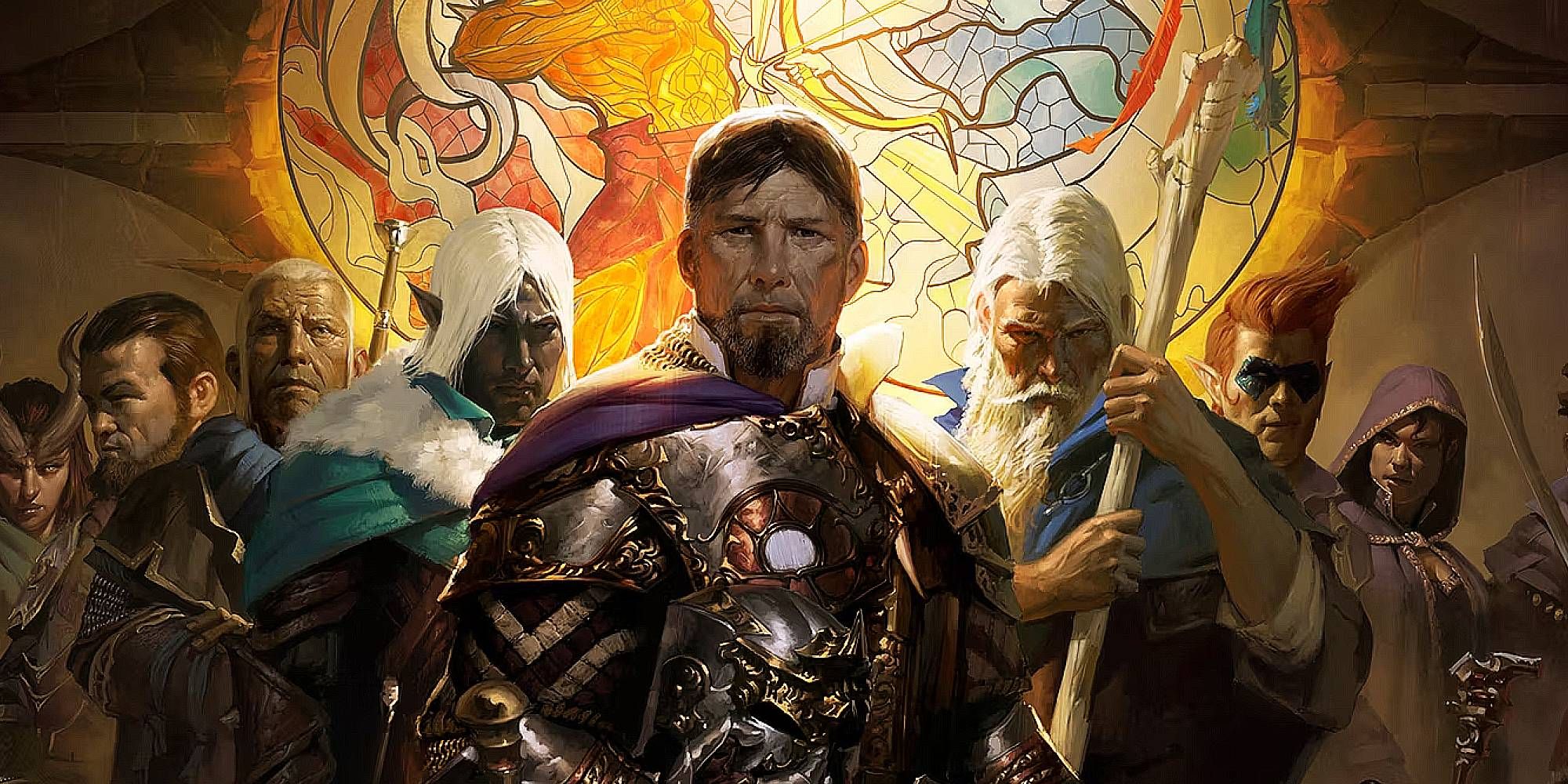So you've decided to try and create your own Dungeons & Dragons class. You've seen all the homebrew, maybe even played one of the cool fan-made subclasses. But much like being a Dungeon Master, creating actual homebrew requires a lot of work and is very different from being a player.
A class can especially be a complicated piece of work, and you may feel overwhelmed with how much work you have to do. But the best thing about a class is how organised it can be and how many resources there are to help you. Here are some tips for creating your own class.
10 Figure Out Your Niche
The first thing you should do when making your class is figure out the actual idea. You may have vague descriptions in your head, something like a witch who is just a more naturalistic spellcaster or a mystic who uses psychic magic in order to take down their foes. It could even be a conversion of an older class into the current edition.
But you should sketch out a more detailed plan as to what your class is going to be and answer an important question, why is your class going to be in the game? Why can't it be a subclass of another? Once you figure out the answers to those questions, it will help lay a lot of groundwork for you.
9 Then Figure Out Your Purpose
So you've perhaps thought more about the idea behind your class. Now you just need to think about the mechanics. What role is your class going to fulfill mechanically? Is there a gap this class could fill, even if it's just a bridge or combination between two classes in the game?
It may sound simple, but figuring out if your class is a tank, a damage dealer, a spellcaster, or so on will do wonders and stop you from falling into the trap of trying to have your class be everything at once.
8 Flavour It
Like a good meal, you need some seasoning, and you really need to make sure you flavour this class. It's all good to have something that mechanically is nice, but the reason many classes are so distinct is partially due to their flavour. The way a Warlock makes an illicit pact with a patron, how wizards study their spells, and so on, gives the class an identity.
This is something you should focus on. Don't think of flavour as a restriction to what the class has to be, but more so a base that the players can build on.
7 Research Homebrews
Do you know how a Wizard gets so smart? They learn through research. You need to learn too and nowadays the Internet is one of the best resources. There are tons of homebrew classes out there, so much so that D&D Beyond has an official section just for it.
If there are any homebrew classes that you feel may be similar to your own, then good. Research those, look at the feedback they got –Reddit threads are a godsend here– and learn from them to help you sort out your own class.
6 Playtest, Playtest, Playtest
The whole point of making a class is so that you can actually play it. But you'll need to enter this weird zone known as "playtesting," where you are playing a character with your homebrew class, but you are more so analysing how the character works, especially when it comes to situations like combat.
It sounds more like work than playing, but you can reserve this playtesting to one-shots and if it's in a campaign, work with your DM to make some improvements and changes where you see fit.
5 Use Your Words Wisely
This is going to be annoying, but you need to learn how to use your words wisely. This is less about how well you write the class and the flavour text, but more so about using specific wording so your class features don't get abused or misinterpreted.
This will take a while, and it is suggested you look at the way class features are written, when they use words like 'can', and when classes explain limits to a feature, such as requiring a long rest before using it again.
4 Subclasses Are Important
So you've made your class...now what about your subclass? You should have at least two ideas for a subclass and what roles these can fulfil when it comes to what your class is trying to do. Try to make these subclasses as distinct as possible, too, so that they can cover more ground if you want others to playtest your class.
This may require a lot of tweaking and work, so make sure that you are patient with yourself and those helping you with your class.
3 The Rocks And Ribbons
When it comes to classes, you may have heard a phrase known as the rocks and ribbons. You should understand what this means when focusing on the mechanics of your class. Rocks are big improvements and stepping stones for the class. Ribbons are smaller boons that tend to help with the flavour of the class.
A good example of a Rock feature is Stunning Strike, a key feature of the Monk class that is a great unique ability that boosts their role in combat. Then a Ribbon feature would be Timeless Body, a more niche feature that doesn't affect their combat prowess but can open up the class to some really interesting roleplaying and flavour opportunities.
2 Keep The Updates Coming
No class is perfect, even Dungeons & Dragons had to revisit the Ranger years later because of community feedback, and that was in an officially published edition of the game. You will always find new subclasses to add and more things to be tweaked, so if you're ever worried that your class must reach some final stage and be absolutely perfect, forget those concerns.
As said before, no class will be perfect, and you aren't chasing perfection. Your focus is on balance and playability.
1 The Internet Helps
If you thought looking at other homebrew classes was it, think again. There are so many more resources to help you when it comes to homebrew, including an entire subreddit known as /r/UnearthedArcana.
This subreddit is where people submit their homebrew, and you can have a community of experienced players, Dungeon Masters, and testers give you constructive feedback on how to improve. You can keep posting updates of your class there to continue to develop it and get help. There are also class guides and tips on different areas of homebrew for you to focus on.

